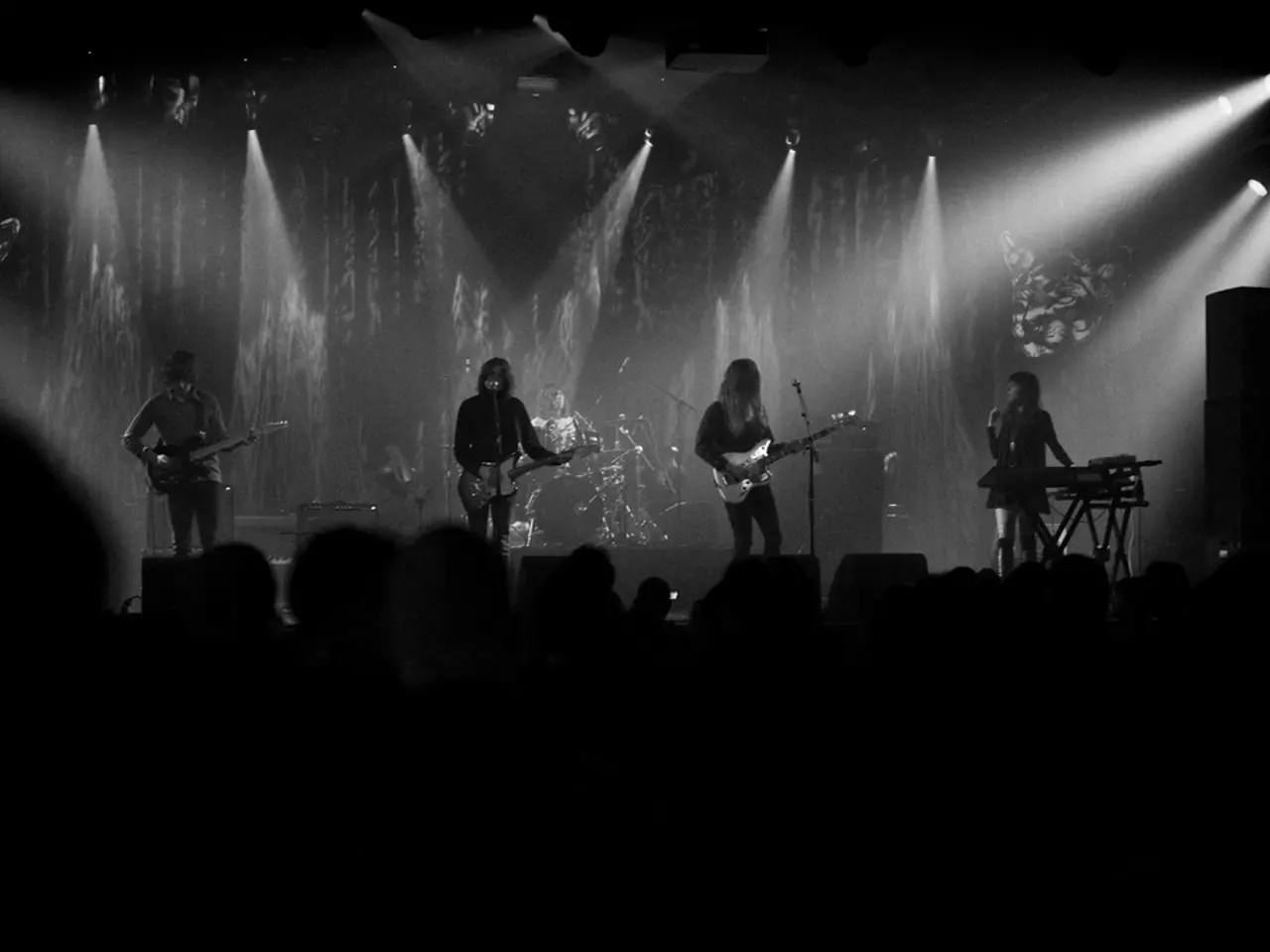In the early 2000s, the pop-punk and emo music scene was criticized heavily for blatant misogyny: an exploration of Paramore's inaugural album and its impact stirring the scene into examination and self-reflection.
Hayley Williams' Struggles in the Brutally Misogynistic Pop-Punk Scene
In the early 2000s, Hayley Williams, the singer and de facto band leader of Paramore, faced significant challenges as a woman in the pop-punk and emo scene. At just 18 years old, she encountered a toxic environment, especially on tours like the Warped Tour, where being a young woman in a predominantly male scene exposed her to discrimination and sexism.
Williams' debut album, "All We Know Is Falling," released in 2005, marked a turning point in her career. Initially, she had been signed as a solo pop artist but fought against the label’s attempts to market her as a "saccharine pop star," insisting instead on forming a rock band (Paramore) to express herself authentically.
The album captures the giddy essence of '00s pop-punk. However, despite its success, it is not considered one of Paramore's best, as per Louder's ranking of Paramore records. The 2007 follow-up album, Riot!, brought more attention to "All We Know Is Falling," eventually being certified Gold in 2014, nine years after its release.
Williams encountered rampant misogyny during her early career, as revealed in later interviews. She initially downplayed these issues when interviewed during that period but later opened up about the challenges she faced. Her early career also involved navigating conflicts related to her lyrical content and public image, such as controversy over some of her song lyrics that reflected real personal experiences but drew criticism for their harsh language.
These experiences underscore her challenges balancing artistic integrity and the expectations placed on young women in a male-dominated music culture. The band members were marked by venue staff because they were too young to drink during their tour, and Williams was offered the Shiragirl Stage at Warped tour, a stage dedicated to female bands, which she initially found offensive.
However, Williams expressed that she won the battle with "All We Know Is Falling" turning 20, making it a debut worth celebrating. "All We Know Is Falling" is a notable release as it introduced one of the 21st century's most enduring rock bands.
Years later, Williams described herself as a pillar of the very scene that threatened to reject her, nearly 20 years later. In 2022, she posted a handwritten note ahead of Paramore's headline performance at the When We Were Young festival, expressing her feelings about her journey in the scene. Despite the challenges she faced, Williams' perseverance and authenticity have made her a beloved figure in the pop-punk and emo scene.
[1] Hayley Williams' fight against industry pressure and misogyny
[3] Hayley Williams' emotional lyrics and their impact on her career
[4] Williams' insistence on forming a rock band, Paramore, for authentic self-expression
[5] Paramore's debut album, "All We Know Is Falling," a turning point in Williams' career
[6] The album's success, though not considered one of Paramore's best
[7] The impact of "All We Know Is Falling" on Paramore's subsequent album, "Riot!"
[8] The rampant misogyny Williams faced during her early career in pop-punk and emo scenes
[9] Williams' initial downplaying of these issues in interviews, only to later speak openly about them
[10] The conflicts Williams navigated related to lyrical content and public image
[11] The challenges Williams faced in maintaining artistic integrity in a male-dominated music scene
[12] Williams' assertion of her status as a pillar of the pop-punk and emo scene, nearly 20 years after her early struggles
[13] **Williams' enduring popularity and beloved status in the music industry, embracing health-and-wellness, women's health, and entertainment, as a key figure in pop-culture and the lives of many celebrities and music enthusiasts.




